|
PDF
Bison Pasture Roam Pasture Walk at Dauphin County Bison Farm (Carlisle, PA) – Finding a balance between farming and maintaining a full-time off-farm profession is an issue faced by many, especially when including the needs of livestock. One Dauphin county farmer, Duane Stroup, is managing this by implementing a rotational grazing system for bison. Bison are more self-sufficient and need considerably less direct attention than beef or dairy herds when provided with appropriate pasture and infrastructure, like fencing and watering systems. These improved infrastructure and grazing management techniques will be featured during a pasture walk hosted by Capital RC&D at Lykens Valley Bison in Millersburg, PA on June 9, 2023 from 10:00 AM to 12:00 PM. Duane and Kimberly Stroup, along with their son Alexander, started Lykens Valley Bison in 2021 with a single paddock and have since expanded to approximately 50 acres of pasture. To help facilitate grazing their herd of 14 bison, they installed six-foot-tall, eight-strand, high tensile electrified fencing and a watering system that includes energy free waterers and frost-free hydrants that ensure year-round water access. The pasture walk will also highlight how the Stroups use a food truck to market their farm products including bison burgers, pulled pork sandwiches, and bison chili. The food truck will be on site to provide lunch following the pasture walk. There is no charge for the pasture walk and lunch is available for $10. Registration is requested by June 7, 2023 and can be made online at www.capitalrcd.org, by emailing [email protected], or by calling 717-241-4361. This event is sponsored by Capital RC&D through partnership with the Stroud Water Research Center and with funding through a National Fish and Wildlife Foundation Chesapeake Bay Small Watershed grant. For more information contact Cheryl Burns at Capital RC&D at 717-241-4361 or via email at [email protected].
0 Comments
Capital RC&D Receives USDA-NRCS Conservation Innovation Grant
(Carlisle, PA) – Capital RC&D was recently awarded a $73,943 grant from the USDA-Natural Resources Conservation Service (NRCS) Conservation Innovation Grant program to demonstrate new soil carbon monitoring and management tools and technology on multiple farms in South Central Pennsylvania. An associated goal is to measure the amount of carbon that can be sequestered by farmers for possible participation in carbon markets. During this three-year project, partners will work with participating farmers to implement soil health best management practices on crop and pasture land, and use planning tools including the USDA-NRCS Soil Health Management Plan (CPA 116) and COMET-Farm tool to estimate soil carbon increases from the practices. Actual soil carbon levels will be measured using innovative new in-field soil probes and lab processed soil samples. The soil probes will continuously monitor soil carbon, nitrogen, potassium, phosphorus, pH and soil temperature, and provide real-time feedback throughout the course of the project to farmers and partners. Project partners include Climate Smart Environmental Consulting LLC and EQT Corporation. Team Ag will provide agronomic consulting services. When completed the project will demonstrate soil carbon measurement tools, evaluating data and assess supplemental uses of the soil probe such as providing documentation necessary to participate in carbon credit markets. To learn more about the project, partners, or Capital RC&D, visit www.capitalrcd.org/carbonmonitoring For more information contact Cheryl Burns at Capital RC&D at 717-241-4361 or via email at [email protected]. 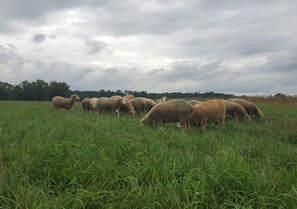 PDF (Carlisle, PA) – The reduced vegetation in winter and early spring is not ideal for grazing but is great for planning changes to pasture layout. The winter environment simplifies the landscape and highlights natural features that make it easier for farmers to assess fields and pastures. Farmers can see existing fence rows, laneways, and water access points more clearly and consider additions or changes to pasture layout, fencing and water systems, and management techniques before the grazing season begins. Graziers can practice evaluating their acreage and updating their pasture layout using readily available pasture planning tools as part of a pasture walk for small ruminant graziers. The walk is hosted by Capital RC&D at the farm of Eli and Mackenzie Strawser, Top Line Meats, in Carlisle, PA on April 23, 2022 from 10:00 AM – 12:00 PM. Eli and Mackenzie Strawser started Top Line Meats with twelve sheep in late 2019 and increased their total herd to approximately 100 sheep. Currently, the Strawsers graze 10 acres but they use an accelerated lambing program so only need to graze 50-60 mature ewes at a time. They are expanding their pasture in 2022 to include an additional 15 acres. Capital RC&D grazing advisors assisted the Strawsers in considering options for the expansion, including using planning tools to help determine appropriate paddock size. Ann Starbard, Capital RC&D Grazing Advisor and experienced dairy goat grazier, will join Eli and Mackensie Strawser in leading the April 23rd pasture walk. The Strawsers will share details about their farm business, existing pastures, and pasture expansion plans. Ann Starbard will guide participants in exercises to practice assessing existing fields and pasture and using tools like the Vermont Grazing Plan. There is no charge for the pasture walk but registration is requested and can be made online at www.capitalrcd.org, by emailing [email protected], or by calling 717-241-4361- please leave a message for extension 15. This event is sponsored by Capital RC&D through partnership with the Stroud Water Research Center and with funding through a National Fish and Wildlife Foundation Chesapeake Bay Small Watershed grant. For more information contact Cheryl Burns at Capital RC&D at 717-241-4361 or via email at [email protected]. PDF
(Carlisle, PA) – Assessing pasture health can feel challenging any time but may be especially difficult when a pasture is stressed after being grazed through a long, hot summer. There are tools available that horse owners can use to determine pasture health and management techniques that can be adopted to improve the health and survival of pasture forages. These tools and techniques will be the focus of the equine pasture management field day hosted by Capital RC&D on Sat. Sept. 25, 2021 at Quodomine Veterinary Services, 70 Schoolhouse Road, Bloomsburg, PA from 9:30 AM until 12:30 PM. Dr. Linda Quodomine, DVM, event co-host and owner of Quodomine Veterinary Services will provide information about new protocols for parasite management. Donna Foulk, Grazing Advisor with Capital RC&D, will demonstrate how to evaluate pasture quality, will discuss the biology of forage growth and health, will highlight practices that can enhance forage survival, and will help participants identify major forages and weeds. She will be joined by Suzette Truax, Grazing Specialist with USDA-NRCS, who will focus on how to develop rotation grazing systems and heavy use areas that can be beneficial in maintaining forage survival throughout the year. Suzette will also discuss resources that are available to make pasture improvements. There is no charge for the event but registration is requested and can be made online at www.capitalrcd.org, by emailing [email protected], or by calling 717-241-4361- please leave a message for extension 15. This event is sponsored by Capital RC&D through partnership with the Stroud Water Research Center and with funding through a National Fish and Wildlife Foundation Chesapeake Bay Small Watershed grant. For more information contact Cheryl Burns at Capital RC&D at 717-241-4361 or via email at [email protected]. Cover Crop Grazing Pasture Walk in Franklin County PDF
(Carlisle, PA) – Summer heat and reduced rainfall slows the growth of cool season pastures forcing graziers to compensate by adjusting grazing plans or using stored forage. Others find they can keep livestock on pasture longer by planting and grazing a multi-species summer annual cover crop. Summer annual cover crops can be used as part of a regular crop rotation or prior to converting to permanent pasture but require planning and infrastructure for successful implementation. The method, including benefits and necessary infrastructure, will be featured during a pasture walk hosted by Capital RC&D at the farm of Alan and Margaret Jaymes of Sylvan Angus, in Mercersburg, PA on July 13, 2021 from 9:30 AM to 12:00 PM. Alan and Margaret Jaymes raise cow calf pairs on approximate 70 grazable acres. They planted a multi-species summer annual cover crop for the first time in 2020 as part of Capital RC&D’s cover crop grazing initiative. Alan installed perimeter fencing and waterlines before planting and grazing a winter wheat cover crop, which was followed by a multi-species summer annual mix in June. “I pastured the summer annual two separate times and was in the midst of the third when we got frost. So, four rotations when in normal times we wouldn’t have had anything” Jaymes noted, “it was a tremendous success and we’re doing the same again this year.” Alan will share detail about the project and their grazing operation during the July 13th pasture walk, including pasture management, cover crop and pasture species selection, fencing, and their gravity watering system with solar well pump. Technical advisors and researchers will be onsite to share detail about ongoing research and address specific questions. There is no charge for the pasture walk but registration is requested and can be made online at www.capitalrcd.org, by emailing [email protected], or by calling 717-241-4361- please leave a message for extension 15. Capital RC&D’s Promoting Grazing and Cover Cropping by Developing Better Practice Information, Outreach and Cost-sharing project, a collaboration between researchers from Penn State University, grazing specialists from USDA-NRCS, grazing advisors from Capital RC&D, and researchers from USDA-ARS, that is funded through a National Fish and Wildlife Foundation Chesapeake Bay Small Watershed grant. For more information contact Cheryl Burns at Capital RC&D at 717-241-4361 or via email at [email protected]. PDF
(Carlisle, PA) – Fall planted cover crops can provide valuable nutrition for grazing livestock when used as part of a grazing system and regular crop rotation. Even though they are grazed, the cover crops will continue to provide soil health benefits by helping to reduce erosion, feed soil microbes and minimize weed pressure in the spring. Successfully integrating cover crop grazing is tied to development of infrastructure, such as perimeter fencing and watering systems, cover crop selection, crop rotation, and training livestock to a grazing system. These topics will be the focus of a pasture walk hosted by Capital RC&D at Kehr Acres in Adams County, Pennsylvania on May 20, 2021 from 10:00 AM to 12:00 PM. Kehr Acres is a crop and beef farm in Littlestown, PA, owned by Matt Kehr and his father David Kehr. They started grazing cover crops in 2020 as part of Capital RC&D’s cover crop grazing initiative, and this spring will graze their herd on a cover crop mix of fall planted rye, ryegrass, crimson clover, and hairy vetch prior to planting corn in June. Matt will share details about their cover crop mix, crop rotation, infrastructure choices and livestock training during the May 20th pasture walk. Technical advisors and researchers will be onsite to share detail about ongoing research and address specific questions. An additional cover crop grazing pasture walk is scheduled for July 13, 9:30 AM – 12:00 PM with Alan Jaymes, Sylvan Angus, in Mercerburg, PA (Little Cove Valley, Franklin County). Registration is requested to meet appropriate physical distancing requirements and can be made online at www.capitalrcd.org, by emailing [email protected], or by calling 717-241-4361- please leave a message for extension 15. Capital RC&D’s Promoting Grazing and Cover Cropping by Developing Better Practice Information, Outreach and Cost-sharing project, a collaboration between researchers from Penn State University, grazing specialists from USDA-NRCS, grazing advisors from Capital RC&D, and researchers from USDA-ARS, that is funded through a National Fish and Wildlife Foundation Chesapeake Bay Small Watershed grant. For more information contact Cheryl Burns at Capital RC&D at 717-241-4361 or via email at [email protected]. PDF
(Carlisle, PA) – Capital RC&D Grazing Advisors share over 90 years of experience managing pasture, grazing livestock, and educating. This experience is available to all interested farmers through Capital’s grazing advisor program and can be previewed by participating in two webinars that provide an overview of best practices, available resources, and balancing nutritional needs with pasture capacity. Both webinars will be presented by Capital RC&D Grazing Advisors with the first webinar, Grazing & Pasture Management in Pennsylvania will take place on Tuesday, March 2, 2021 at 12:00 PM and the second, Pasture – The Balancing Act, will follow on Tuesday, March 9, 2021 at 12:00 PM. March 2, 2021, 12:00 – 1:00 PM: Grazing & Pasture Management in Pennsylvania, Available Resources for Good Practices will be hosted by grazing advisors, Ann Basehore and Donna Foulk. This webinar is designed for the less experienced grazier and will provide an overview of key topics that graziers need to understand, like soil health, weed management, pasture management, animal health, stewardship practices, available educational or technical resources, and introduce the Capital RC&D Grazing Advisor program. March 9, 2021, 12:00 – 1:00 PM: Pasture – The Balancing Act will be hosted by grazing advisor, Titus Martin. This webinar provides more detailed information about assessing livestock nutritional needs and the capacity of available pastures. Discussion will also focus on methods available to minimize a forage or nutritional shortage. Additional information about the webinars and the Capital RC&D Grazing Advisor program, including webinar registration, are available online at www.capitalrcd.org/grazingsupport, by emailing info@ capitalrcd.org, or by calling 717-241-4361. The webinars are funded through a National Fish and Wildlife Foundation Chesapeake Bay Small Watershed grant and in collaboration with Stroud Water Research Center and the Chesapeake Bay Foundation. PDF
(Carlisle, PA) – Using managed livestock grazing provides benefits for livestock, soil health, water quality, the farmer and the farm’s bottom line. Twenty-five years ago, grazing methods returned to popularity, but information was limited. There are considerably more resources available now, but it can be difficult to know what methods, infrastructure, and livestock options will work best in any one farm operation. Grazing Advisors through Capital RC&D’s Grazing Advisor program can help new and experienced farmers evaluate this information and implement practices to help graziers succeed. Capital RC&D’s Grazing Advisor program started in 2008 with a focus to provide one-to-one technical advice to graziers throughout Pennsylvania, all at no cost to the farmer. Capital RC&D expanded the grazing advisor team in 2020 to include four advisors, including: Ann Basehore, Donna Foulk, Duane Hertzler, and Titus Martin. Together, they have over 90 years of experience in pasture management and grazing of dairy and beef herds, small ruminants, and equine. The advisors are available to work with graziers throughout the Susquehanna river watershed and can help with livestock, pasture and soil health, as well as infrastructure and record keeping. They can also provide support when transitioning from confinement or to more managed grazing systems. Additional information about the grazing advisor program and the advisors is available on the Capital RC&D Grazing Support page at www.capitalrcd.org/grazingsupport, including a recent Capital RC&D Conservation Podcast episode, Capital RC&D Grazing Advisors, An Introduction to the Advisors Supporting Grazing in the Region. Capital RC&D’s Grazing Advisor Program is funded through a National Fish and Wildlife Foundation Chesapeake Bay Small Watershed grant and in collaboration with the Stroud Water Research Center and the Chesapeake Bay Foundation. Questions about the grazing advisor program can be directed to Susan Richards at Capital RC&D at 717-241-4361 or via email at [email protected]. (Carlisle, PA) – Planting cover crops for livestock grazing can result in multiple benefits for soil health and livestock nutrition when implemented as part of regular crop rotation or during pasture establishment. Key elements needed for successful cover crop grazing on a livestock farm, include infrastructure such as fencing (either temporary or permanent) watering systems, cover crop selection, and selection of appropriate livestock breeds. These elements and an overview of onsite research will be the focus of two pasture walks hosted by Capital RC&D in South Central Pennsylvania on September 29, 2020 in Adams County and October 20, 2020 in Franklin County, Pennsylvania.
These and two additional farms in Adams and Franklin Counties are participating in Capital RC&D’s Promoting Grazing and Cover Cropping by Developing Better Practice Information, Outreach and Cost-sharing project, a collaboration between researchers from Penn State University, grazing specialists from USDA-NRCS, grazing advisors from Capital RC&D, and researchers from USDA-ARS, that is funded through a National Fish and Wildlife Foundation Chesapeake Bay Small Watershed grant. For more information contact Cheryl Burns at Capital RC&D at 717-241-4361 or via email. Video Series Explores Benefits of On-Farm Composting 4-video case-study offers local farmers solutions (Carlisle, PA) – Successful, on-farm composting is showcased in four videos available free on the Capital RC&D website, www.capitalrcd.org. These videos were created by Capital RC&D staff with the help of five Pennsylvania farmers and researchers at Rodale Institute. The video case studies exhibit successful examples of on-farm composting and provide insight about each farm’s methods. The videos, along with a corresponding written overview and bibliography, showcase five composting techniques including turned windrows, static aerated piles, in-vessel, vermicomposting, and bedded pack composting. In addition to the benefits of each system, the videos provide detail about the inputs used by each farmer featured and how they use the finished compost. Viewers can also learn about research undertaken at Rodale Institute focused on using compost to increase disease and pest control. Farmers and researchers featured in the videos include John Shenk, Shenk’s Berry Farm in Lancaster County, PA; Mike Brownback, Spiral Path Farm in Perry County, PA; Ned Foley, Two Particular Acres in Montgomery County, PA; Kenny and Cyrus Gehringer, Four Springs Farm in Lehigh County, PA; Rick Carr and Dr. Gladis Zinati, Rodale Institute, Berks County, PA.
|
Press RoomPress ContactCheryl Burns Press DocumentsCapital RC&D
|
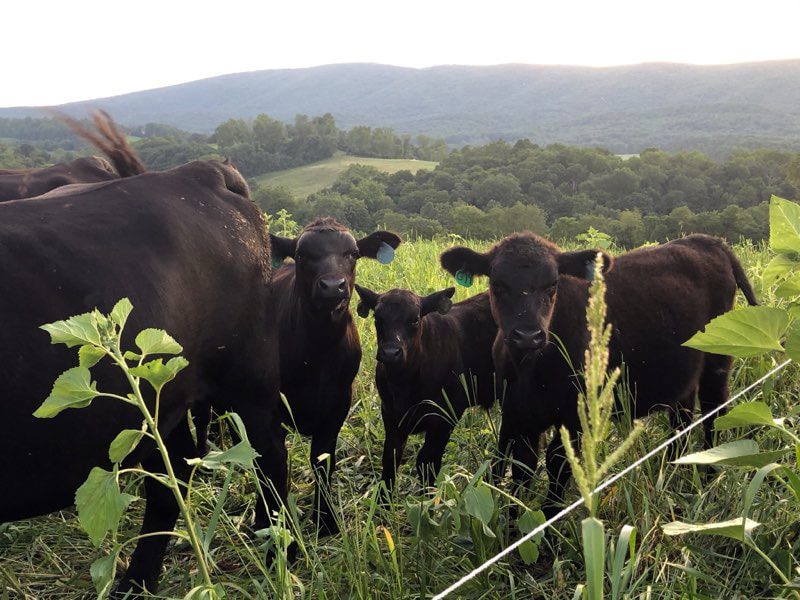
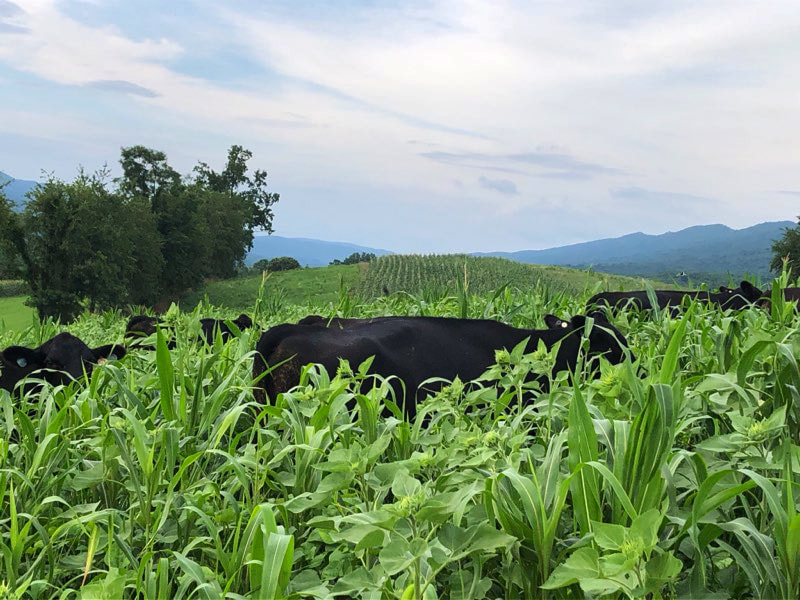
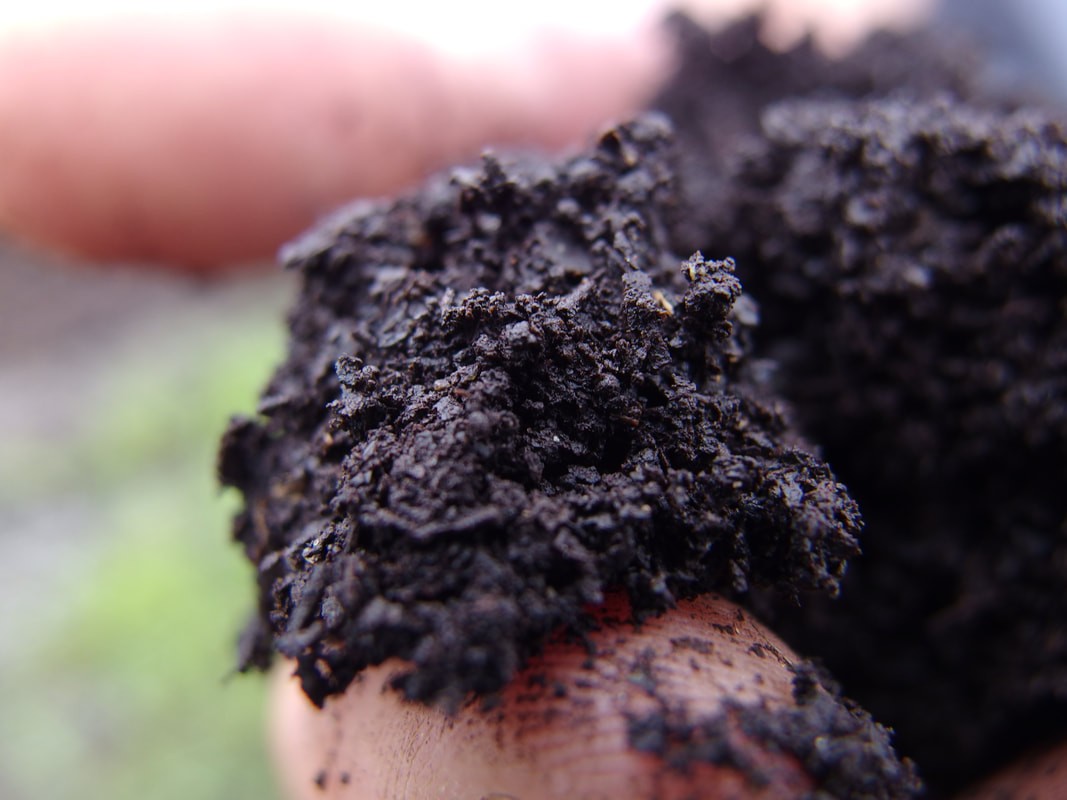
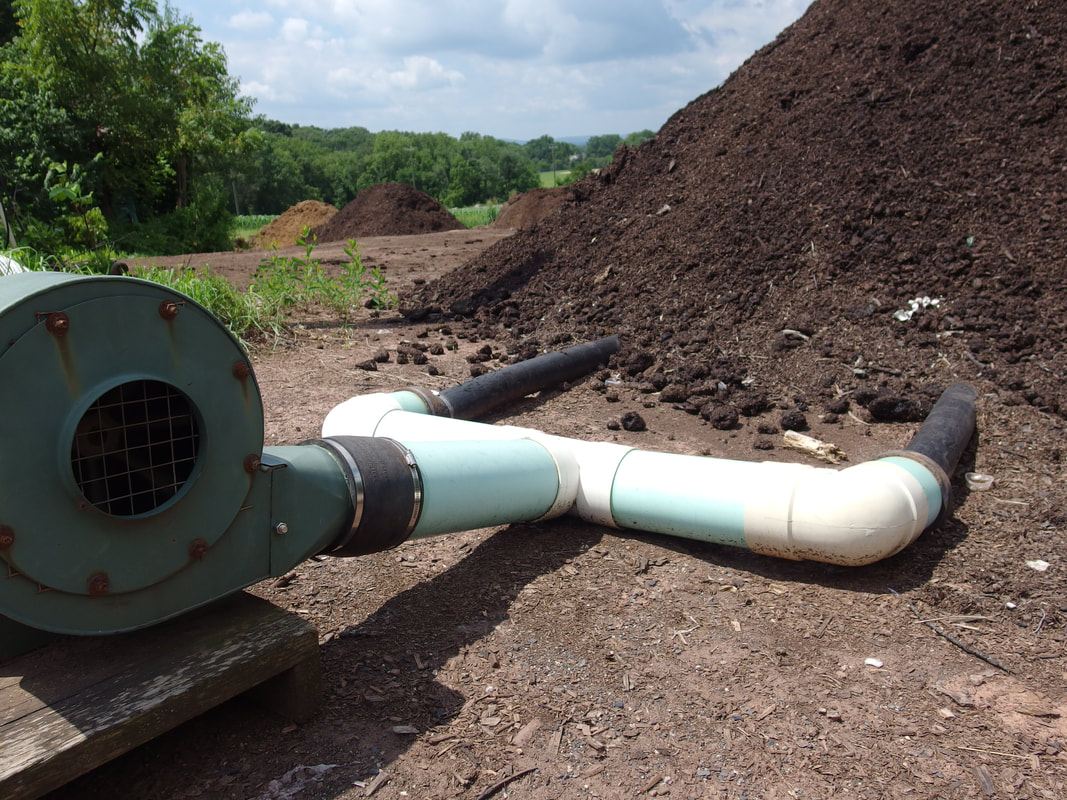
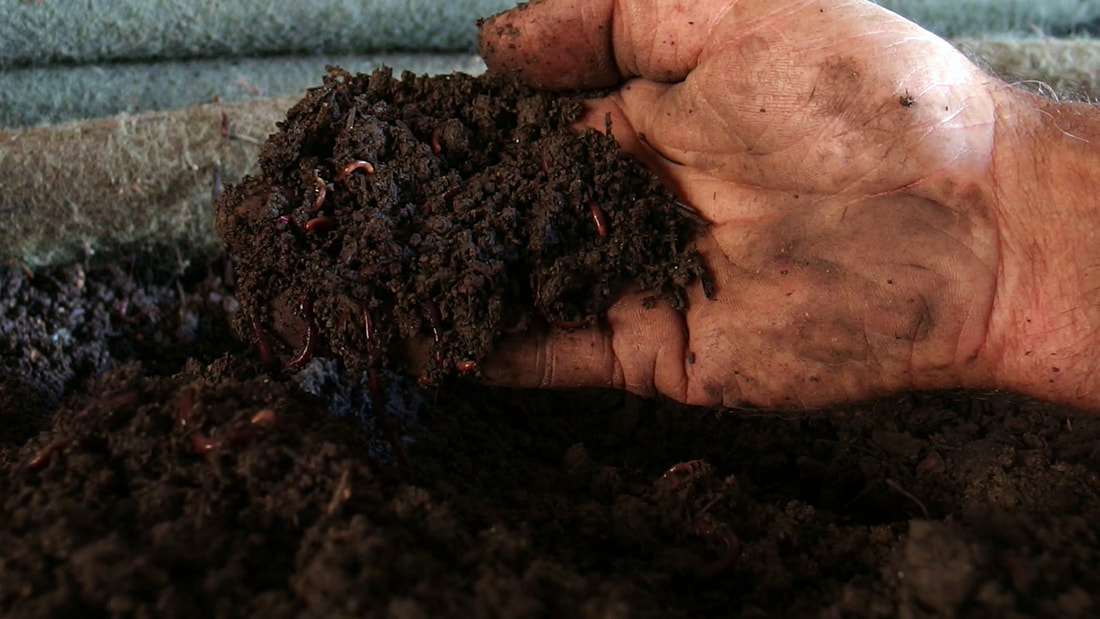
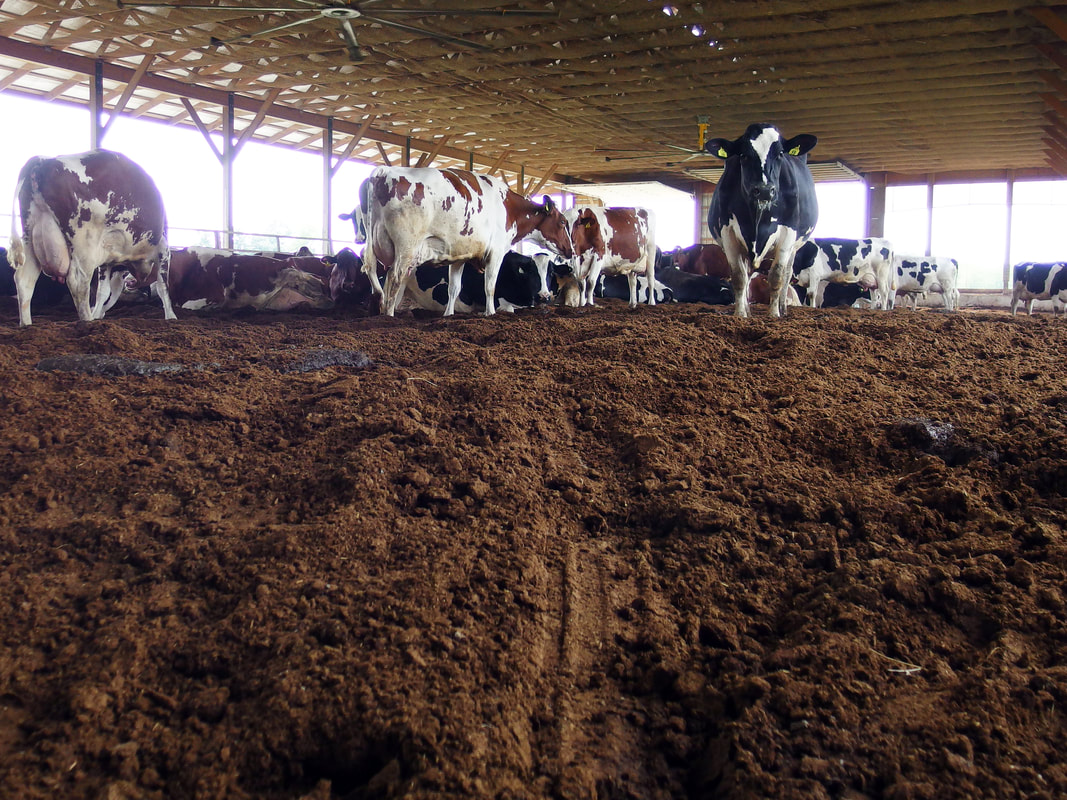
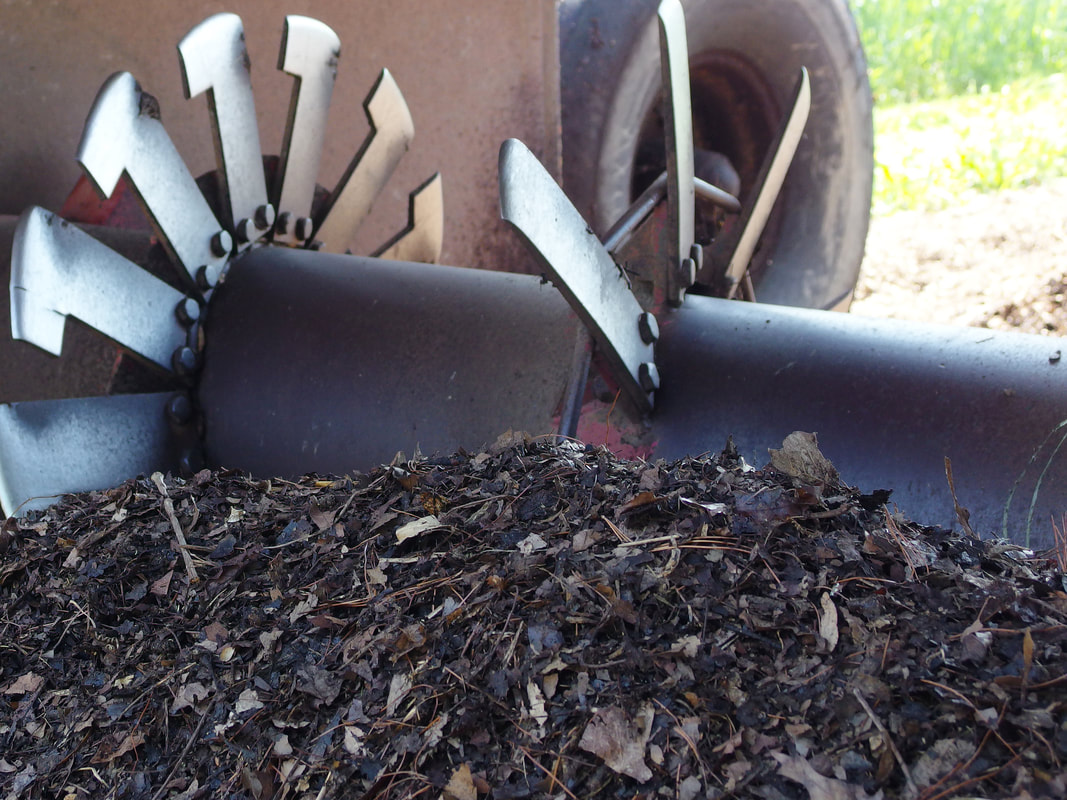
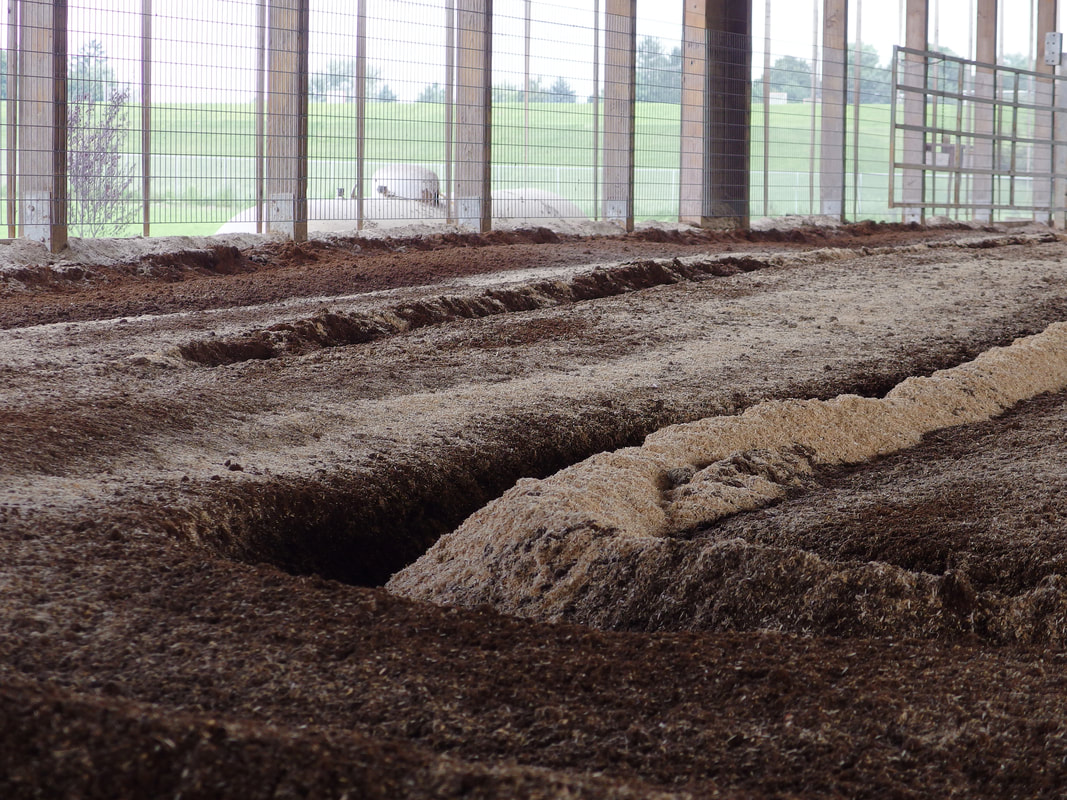
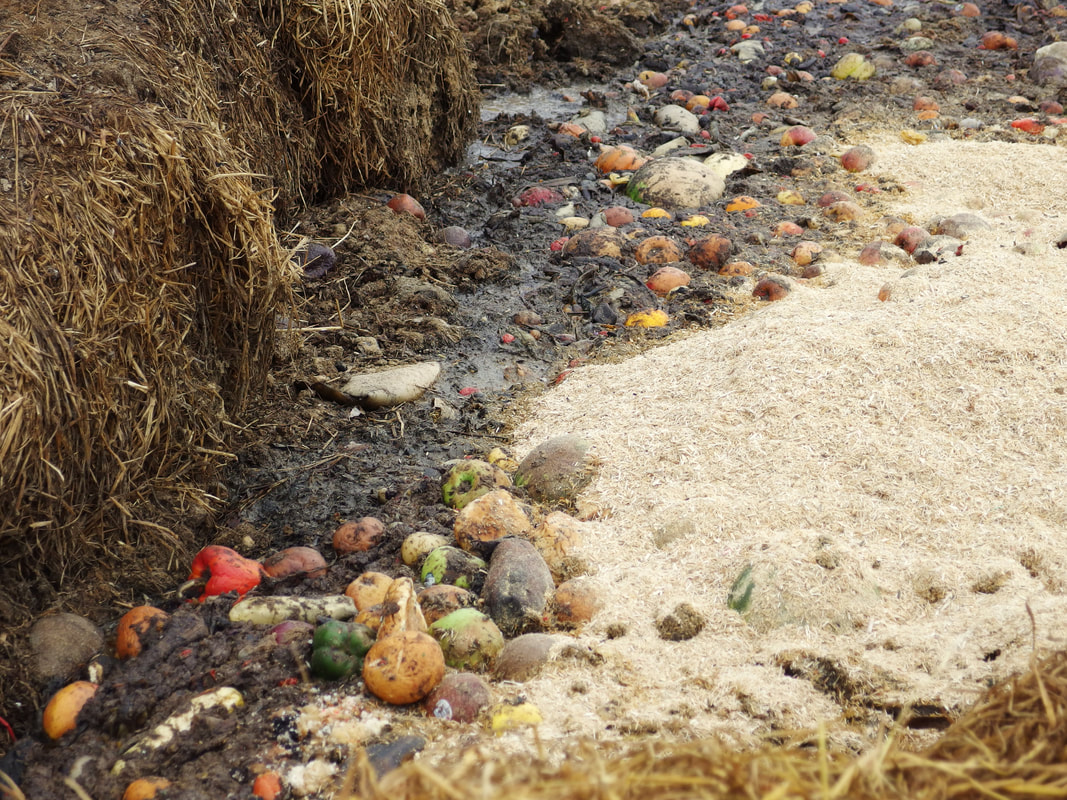
 RSS Feed
RSS Feed
